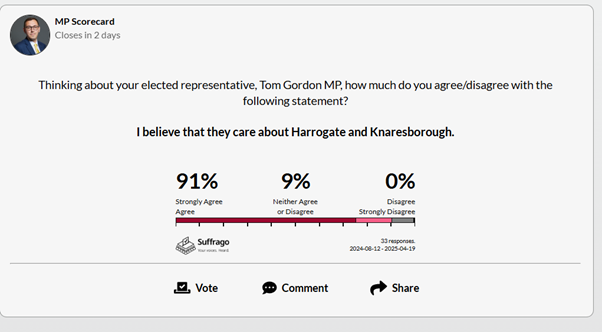Before this crisis, most of us had some sort of work to perform. You might be thinking: what about the retired and the super-rich – surely, they didn’t perform any work? Well, that depends on how you define work.
One of the “gifts” of Covid is that the concept of what is and isn’t work is now up for debate. Whether you are a grandparent schooling a grandchild on Zoom; or a neighbour shopping for a vulnerable neighbour; or a furloughed parent home-schooling their child; or a humdrum office worker, like me, now typing away in a spare room. All of us are performing work. Society might pay – and pay handsomely – for some of these jobs, but not all are considered to be worthy of the title “work”. It’s time for a re-configuration of our definitions.
By chance, two years ago I read Dutch historian, Rutger Bregman’s, career-defining Utopia for Realists. So inspirational I found this book that I sent some friends copies. In it, the historian examines efforts – notably by Richard Nixon (who was born a Quaker!) – to introduce a Universal Basic Income (UBI). Thereafter, Bregman argues – semi-cogently – for the introduction of UBI, internationally. Who would have thought that it was a Republican President who was closest to introducing UBI! Bregman notes that Nixon performed a volte-face when his advisors gave him a paper about the first experiment in UBI the 1830s Britain. Nixon’s advisors argued that the British experiment proved that it couldn’t work in 1970s United States.
In brief, the UBI concept goes as follows: due to technological advances, millions of people will lose their jobs. One way to solve the mass unemployment is to pay each citizen a chunk of cash each month, without any assessments. Citizens can still earn more with paid work. Stay-at-home parents, students, hedge fund managers, retirees et al, all receive the same sum from the State each month, enough to pay for a home, utilities and food. The rate would vary per country. With no assessments, the State wouldn’t need to waste so much time and effort on the Department for Work and Pensions, or equivalents. Some might regard this as the fulfilment of one of Marx’s best-known quotes:
“… society regulates the general production and thus makes it possible for me to do one thing today and another tomorrow, to hunt in the morning, fish in the afternoon, rear cattle in the evening, criticise after dinner, just as I have a mind, without ever becoming hunter, fisherman, herdsman or critic.”
But UBI isn’t Marxism. UBI doesn’t interfere with property rights, nor does it agitate for class struggle.
UBI experiments have taken place all around the world, notably in Finland. The 2019 Labour manifesto was filled with so many give-aways, including the hilarious free internet for all, that its commitment to experimenting with UBI, contained in page 60 of its manifesto, garnered little attention. Labour stated: “And we will explore other innovative ways of responding to low pay, including a pilot of Universal Basic Income.”
Much of the supposed madness of Corbynomics has been introduced by the Tories. Furloughing – where an employee received 80% of pay up to £2,500 per month for doing no work – and the £2,500 scheme for the self-employed, are, combined, UBI by another name. At the very least, the Chancellor’s giveaway should be regarded as demi-UBI. Yet, our media are using the new-fangled furlough terminology rather than the better-known, UBI. However, one main difference is that our UBI doesn’t apply to non-employees or those who weren’t self-employed. But it’s a good start.
According to The Independent, on 6 April, Spain is the first European country to introduce UBI in response to Covid, even though we have implemented demi-UBI first. The difference being is that in Spain UBI is likely to remain post-pandemic. Billionaire Twitter founder, Jack Dorsey, is spending up to $1bn on promoting UBI as a cure to the Corona Depression.
Despite the introduction of demi-UBI, with consumer spending decimated, no amount of Government stimulus will be able to kick-start the economy until a vaccine has been found, implemented, and implemented internationally. Our economy is led by consumer spending, but now that consumers are hard-wired to stockpile food and cash, consumers will not come to the rescue. As a result, it’s likely that we will be stuck in a depression, with millions out of work, whilst technology – now used by people of all ages – hoovers up jobs. Protectionism may well stymie international trade, exacerbating the negative spiral. A full UBI may be our only way out.
During World War Two we have Keynes working away, and then shaping post-war Britain for the better. With the world economy on its knees, our welfare state was created. Do we have a Keynes today? Bregman is no Keynes, but to his credit he has only popularised an idea which has been around for nearly two centuries. Perhaps UBI will be our saviour.









